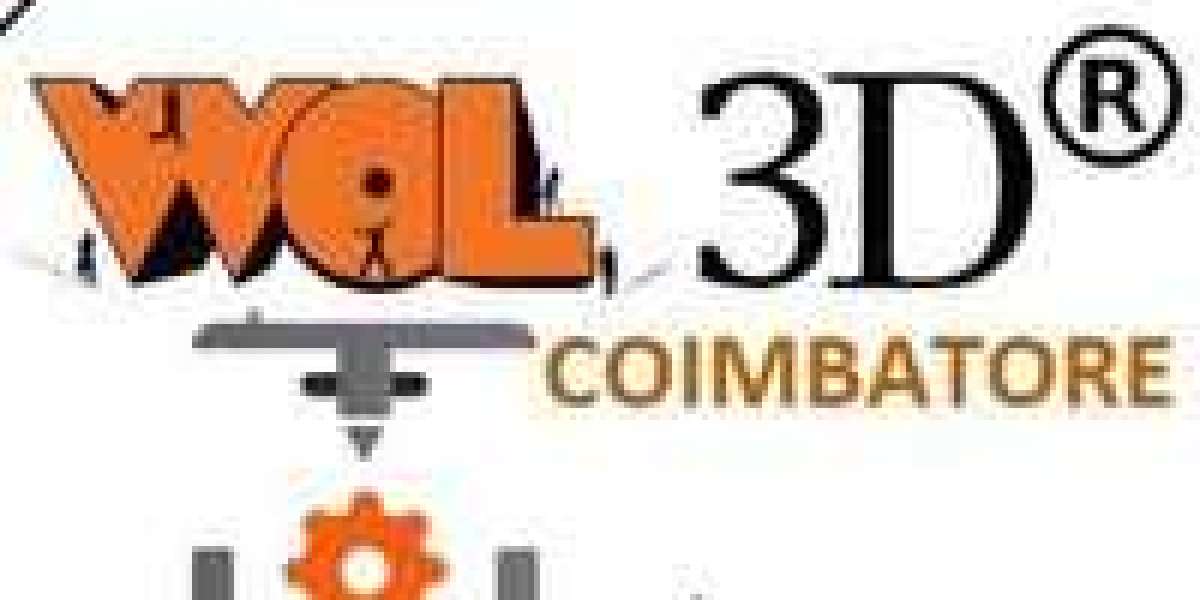In the ever-evolving landscape of healthcare, the significance of durable medical equipment (DME) cannot be overstated. While the term "Industry Carol Howell" might seem unconventional, it represents a sector that transcends traditional industry boundaries, encompassing a wide array of applications and settings. This blog post delves into the importance of durable medical equipment in Industry Carol Howell, shedding light on its multifaceted roles and benefits.
Enhancing Patient Care and Comfort
One of the primary roles of durable medical equipment in Industry Carol Howell is to enhance patient care and comfort. DME includes items such as wheelchairs, hospital beds, and oxygen concentrators, which are essential for patients with chronic illnesses or disabilities. These devices not only improve the quality of life for patients but also enable healthcare providers to deliver more effective and personalized care.
For instance, a well-designed wheelchair can significantly enhance mobility for individuals with physical impairments, allowing them to participate in daily activities with greater ease. Similarly, adjustable hospital beds can provide optimal positioning for patients, reducing the risk of bedsores and other complications.
Supporting Healthcare Providers
Durable medical equipment plays a crucial role in supporting healthcare providers in Industry Carol Howell. By equipping medical professionals with reliable and efficient tools, DME helps streamline operations and improve patient outcomes. For example, infusion pumps ensure precise delivery of medications, reducing the risk of dosage errors and enhancing patient safety.
Moreover, diagnostic equipment such as blood pressure monitors and glucose meters enable healthcare providers to monitor patients' health conditions accurately. This real-time data allows for timely interventions and adjustments to treatment plans, ultimately leading to better health outcomes.
Cost-Effectiveness and Long-Term Savings
Investing in durable medical equipment can lead to significant cost savings in the long run. While the initial purchase price of DME may be higher compared to disposable alternatives, the durability and longevity of these devices make them a cost-effective choice. For example, a high-quality wheelchair can last for several years, reducing the need for frequent replacements.
Additionally, durable medical equipment can help prevent hospital readmissions and complications, further reducing healthcare costs. For instance, home-based oxygen therapy can prevent respiratory complications, minimizing the need for costly hospital stays and emergency interventions.
Promoting Independence and Quality of Life
Durable medical equipment in Industry Carol Howell also plays a pivotal role in promoting independence and improving the quality of life for individuals with chronic conditions or disabilities. Devices such as mobility scooters and home dialysis machines empower patients to manage their health conditions from the comfort of their homes.
By enabling patients to perform daily activities independently, DME fosters a sense of autonomy and self-reliance. This, in turn, can have a positive impact on mental and emotional well-being, contributing to a higher overall quality of life.
Conclusion
The importance of durable medical equipment in Industry Carol Howell is undeniable. From enhancing patient care and supporting healthcare providers to promoting independence and achieving cost-effectiveness, DME plays a vital role in the healthcare ecosystem. As technology continues to advance, the potential for durable medical equipment to improve patient outcomes and transform healthcare delivery will only grow.
By recognizing the value of durable medical equipment and investing in high-quality devices, we can ensure that patients receive the best possible care, healthcare providers are well-equipped to perform their duties, and the overall healthcare system becomes more efficient and sustainable.








